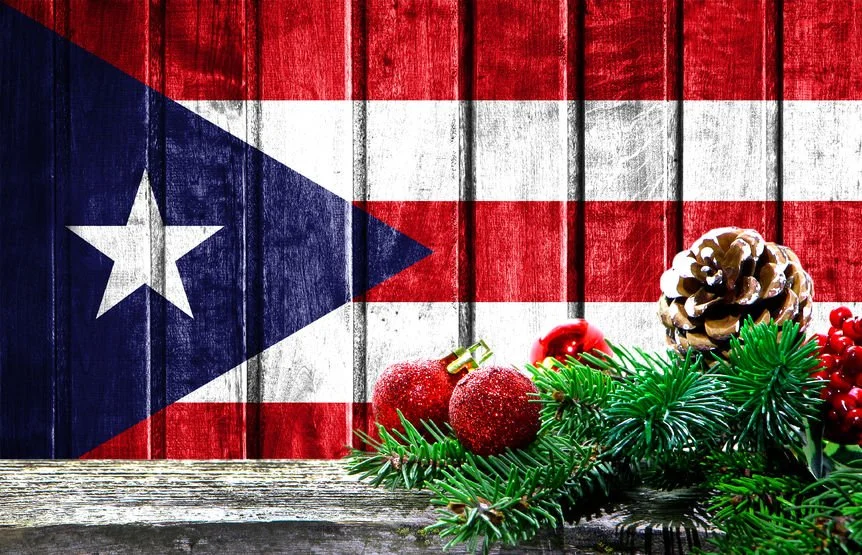Puerto Rico’s Unique Estate Tax Situation
Although Puerto Rico is a U.S. territory, it is not a U.S. state. It is not a sovereign nation either, as it is considered an unincorporated territory of the United States. People born in Puerto Rico are U.S. citizens and have a U.S. passport, therefore one could think that they are eligible for the same tax benefits as other U.S. residents.
There is an important distinction between Puerto Rico’s U.S. citizens, and those living on the mainland. U.S. citizens, like Puerto Ricans, who live in Puerto Rico, are not considered U.S. residents because they do not live on the mainland United States. They also cannot vote for presidential elections.
Each U.S. citizen who resides in the U.S. benefits from an estate tax exemption of $11.7 million (as of 2021), and married couples benefit from the double amount. $11.7 million encompasses all of the person’s assets worldwide. Additionally, each U.S resident benefits from the $15,000 annual gift tax exclusion: a person can gift up to $15,000 each year without taxes.
For example, if Monica was born in Puerto Rico but lives in the U.S. and owns property in the U.S., she is considered a U.S. citizen for tax purposes and benefits from the same treatment as any other U.S. citizen living in the U.S. when it comes to federal gifts and estate taxes. Therefore, when Isabella passes away, she benefits from the $11.7 million tax exemption.
The situation is different for non-resident aliens, who do not hold U.S. citizenship and are not U.S. residents. That would be the case of Puerto Ricans living in Puerto Rico, who are not considered U.S. citizens for estate tax purposes.
Non-resident aliens do not benefit from the same tax exemptions and only $60,000 of their assets will be excluded from estate taxes. Here is an example where the person would only benefit from the $60,000 exemption:
Gabriela was born in Puerto Rico, therefore has a U.S. passport, however, she does not live in the mainland United States. Throughout her life, she buys properties in Florida but does not move there. She dies in Puerto Rico. In that case, Gabriela is considered a non-resident alien for estate tax purposes. If her property is worth $500,000, $440,000 will be taxed at 34%. The tax rate is calculated on a sliding scale and reaches 40% if the taxable amount is equal or superior to $1 million. A base tax, also calculated on a sliding scale, is deducted from the estate. For properties between $250,001 – $500,000, the base tax is $70,800. To determine the total estate tax, you would do the following calculation: 70,800 + 34% of 440,000 = 149,600. Out of the $500,000 from the estate, the heirs would only get $350,400.
Key takeaways: if you are a U.S. citizen because you were born in Puerto Rico, and now live in the U.S., you are treated as a U.S. citizen and will benefit from the $11.7 million exclusion. If you are a U.S. citizen because you were born in Puerto Rico and still live in Puerto Rico, you are treated as a non-resident alien, and you will only benefit from the $60,000 exclusion.
*Disclaimer: this blog post is not intended to be legal advice. We highly recommend speaking to an attorney if you have any legal concerns. Contacting us through our website does not establish an attorney-client relationship.*

